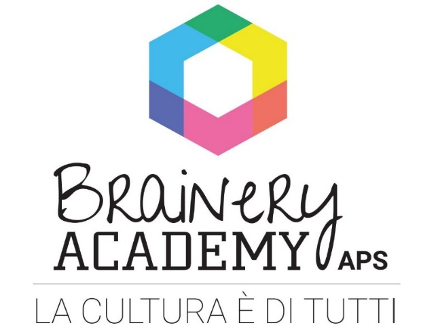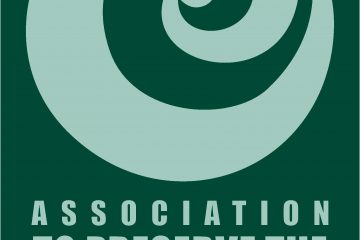
The morning session started with a round of presentations. The partners introduced their activities and goals in adult education, mentioning the structure of the association and the role of the participants.
We then divided the most important tasks as follows:
- Turkey: creation of a shared banner to be displayed in every association headquarter (the shared image of the project will be created in several formats and ratios, so that we have it ready for any digital use, from Social Media to printed newspapers and so on). In addition it undertakes to create the project logo.
- Slovenia: they will ask a trusted supplier for the realisation of a web site, including the maintenance costs for the next 2 years. The content upload can be managed by each partner directly, having agreed upon a minimum of 1 content per month for each partner.
- Greece: creation and management of the official Facebook page. Each partner undertakes to send the Greek partner any type of project-related activity through texts and photos with the wording news from …
- Poland: evaluations. The Polish partner will create a Google Form to be used for the evaluation of all project meetings (TPM / LTTA); after the participants have responded, Poland will collect the data and provide a summary document for the final evaluations.
- Spain: creation of a blank format to be used and filled-in for every activity. It will need to contain all the structural information regarding the teacher, the students and the activity proposed (with duration, needed materials, external links, etc). These will be ready to copy-paste for each activity that we will then include in the “Book of good practices” that will have been shared by the end of the project to fight functional illiteracy (see Bulgaria).
- Bulgaria: collection of the forms at the end of the project to create the final outcome.
We will have a Google Drive folder for all partners where we’ll be sharing all documents and materials. First step will be sharing each organisation’s official and most up-to-date logo, plus one brief document with its main info, for the creation of graphic materials and all brochures etc.
As of today until the scheduled meeting in Slovenia from 21 to 27 February 2020, each Partner will create a community of practice consisting of at least 4 people (educators, teachers, trainers) after presenting the project with its contents, goals and objectives within your organization (all staff). It should be understood that every educational activity that will be prepared will be carried out through non-formal education, whose main objective is to put the learner at the center of the educational action. Those who will be part of the project team need to elaborate on the principles on which non-formal education is based. Each project group will then identify the learners to whom they offer educational activities. All these steps must be documented in a logbook (diary) which will be shared on Google Drive, as planned by the project, and will form an integral part of the intermediate report together with the type of activity that each partner will carry out. Having the partners competencies in different areas, the ideal candidates for establishing the practice community will be selected based on their skills. At this point each partner expresses an idea on how to intercept the right people to be part of the practice community:
Poland: training through specific questions addressed to participating candidates;
Spain: candidates are contacted on the basis of applications submitted through the “Applications Form” and then informed and trained;
Bulgaria: the selection of candidates will be made through an “Application Form”, from which the qualifications and level of knowledge of the English language will be deduced; the CV will also be requested;
Slovenia: teachers must be selected based on: knowledge of English language, educational knowledge and skills;
Italy: it is very important that the target audience of the selected teachers is related to “functional illiterates”.
Each partner will share in Google Drive, before the meeting in Slovenia, the “selection procedure” of the teachers and the types of activities that will be implemented in line with the project. During the first LLTA, teachers will present an initial concrete proposal on how to combat functional illiteracy.
Finally, the coordinator recommends keeping the project’s accounts separate.
The coordinator
Mariella Ciani
APS Brainery Academy
